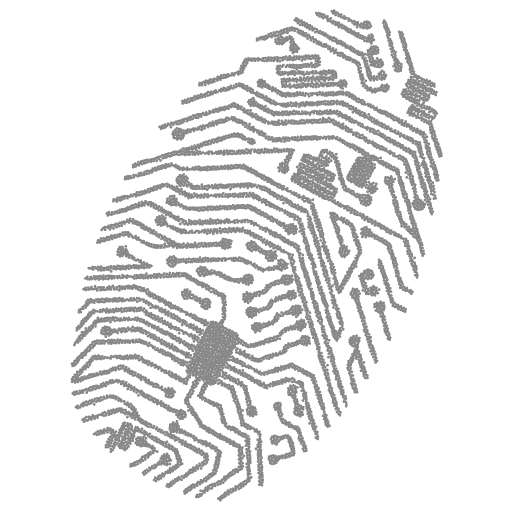As we discuss in another article, legislation extending the coverage of anti-money laundering/combating financing of terrorism (AML/CFT) regulations to include cryptocurrencies is already at an advanced stage in Poland and at the EU level.
new tech law blog

Important regulation impacting blockchain technologies (especially ICOs) in Poland
Two simultaneously published articles discuss soon to be proposed rules for applying Anti Money Laundering and Countering Financing of Terrorism (AML/CFT) regulations to cryptocurrencies (and potentially tokens). The first article describes key changes expected in the proposal, the second analyses the proposed new definition of ‘virtual currency’ and its anticipated practical impact.
Blockchain and the new reality of decentralised financial services
While the market is captivated by initial coin offerings as they continue to attract dizzying returns on invested capital, the capabilities of blockchain technology reach much further. Indeed, some blockchain solutions currently in development or already available throw into question the sense of existing financial regulations.
A few smartphone pushes instead of endless scrolling through terms and conditions
Two new documents were issued in December 2017 by the EU’s Article 29 Data Protection Working Party explaining how to interpret and apply the provisions of the General Data Protection Regulation on the consent that must be obtained from data subjects and the information that must be provided to data subjects for processing their data. The Guidelines on Consent under Regulation 2016/679 and the Guidelines on Transparency under Regulation 2016/679 demonstrate that the era of lengthy, fine-print terms and conditions is over. Data controllers will achieve better compliance with the GDPR by using brief and easily understood FAQ and notices.
Choice of court for the victim of online publication?
On 15 December 2017, judges of the Civil Chamber of the Supreme Court of Poland ruled on the crucial issue of the choice of court for a plaintiff alleging injury from a publication posted online.
Under Art. 35 of the Civil Procedure Code, a tort claim can be filed with the court in whose jurisdiction the event causing the damage occurred. This provision does not make it clear however whether for this purpose the place where the event causing the damage occurred can also be the area of the court’s jurisdiction where the plaintiff could have seen the online publication.
Will the EU regulate tokens and ICOs?
We have written about initial coin offerings several times, both here on the blog and in our 2016 report on blockchain, smart contracts and DAO. ICOs continue to grow at an impressive rate, with projects raising funding of several billion dollars through ICOs in 2017.





